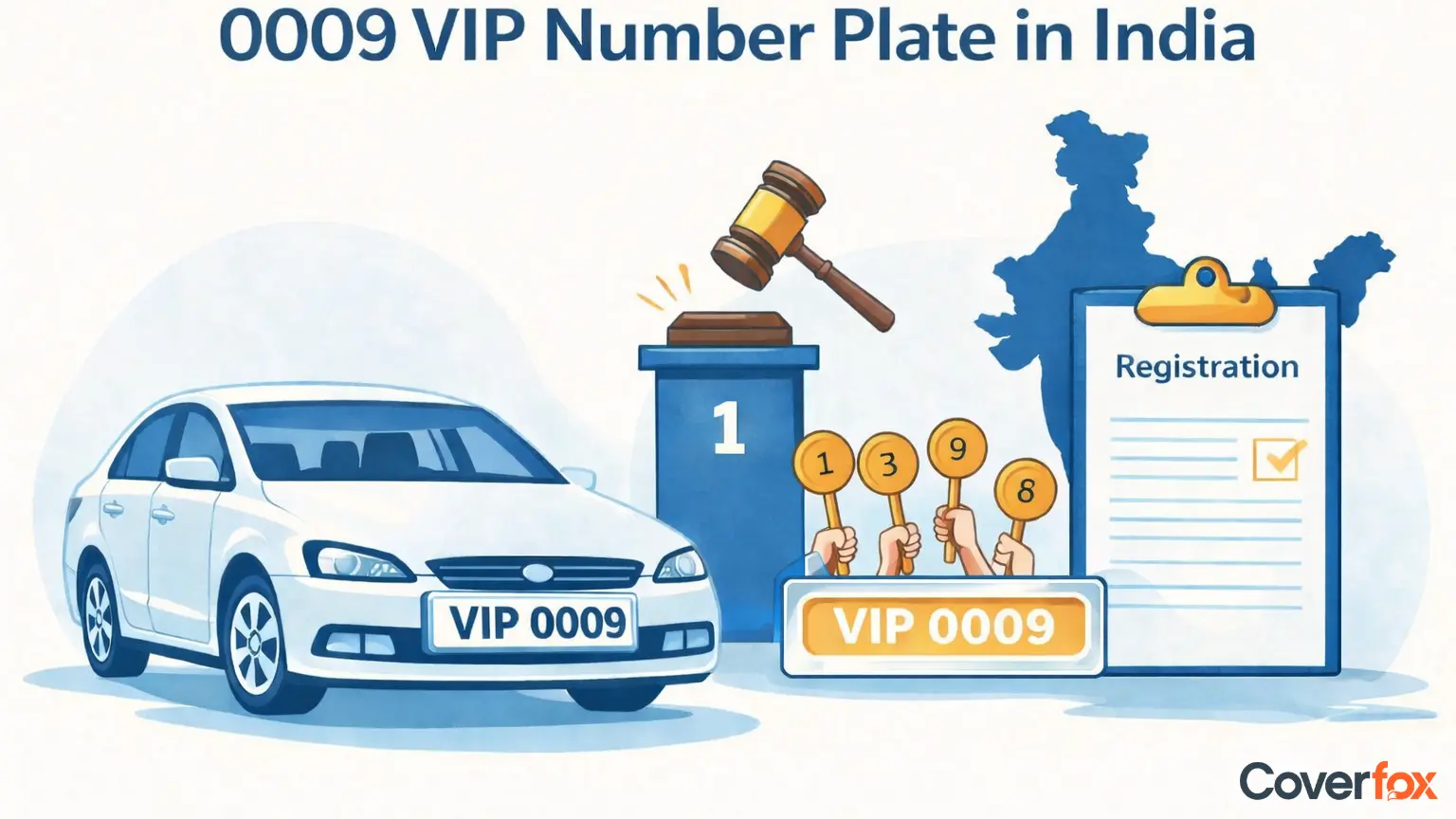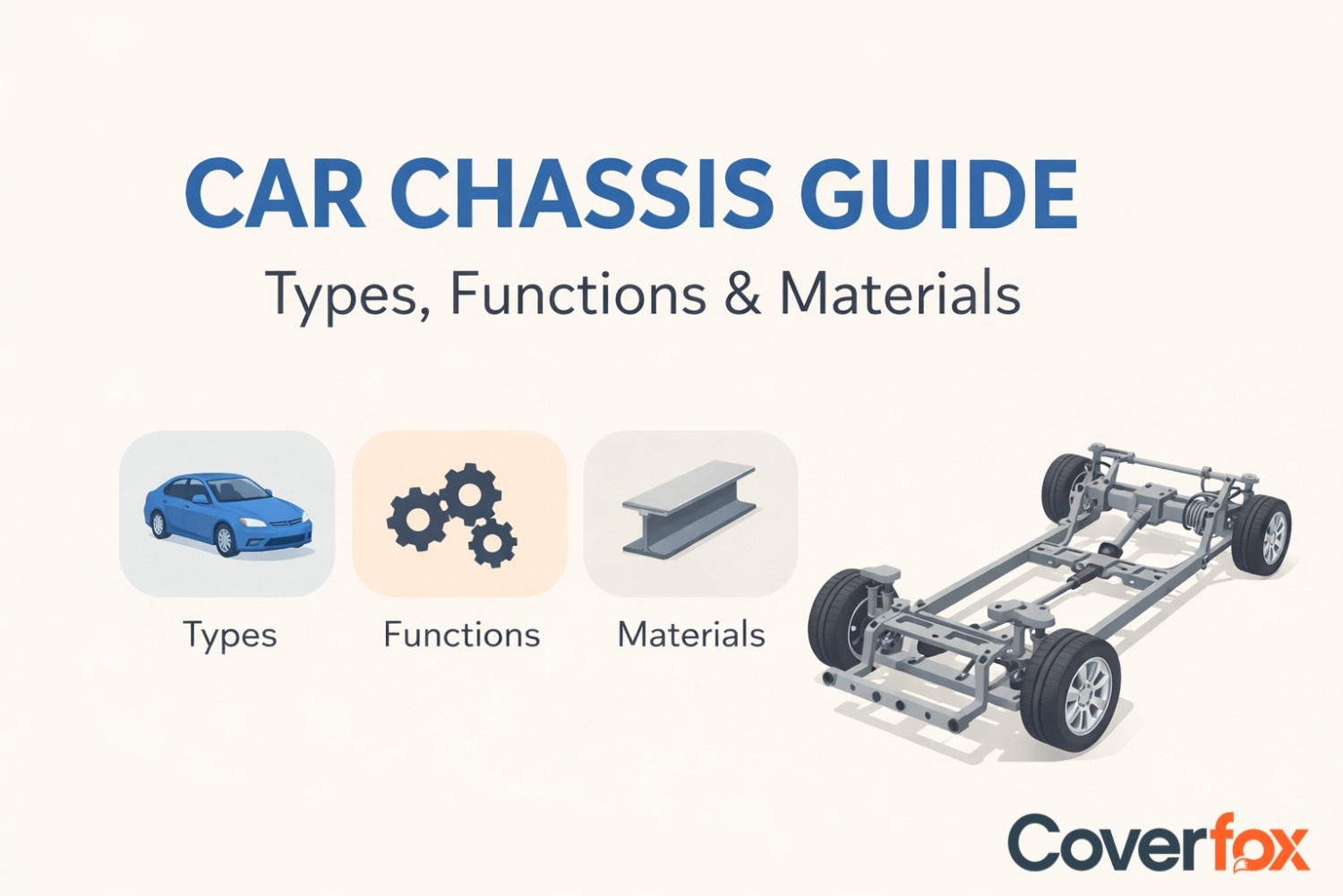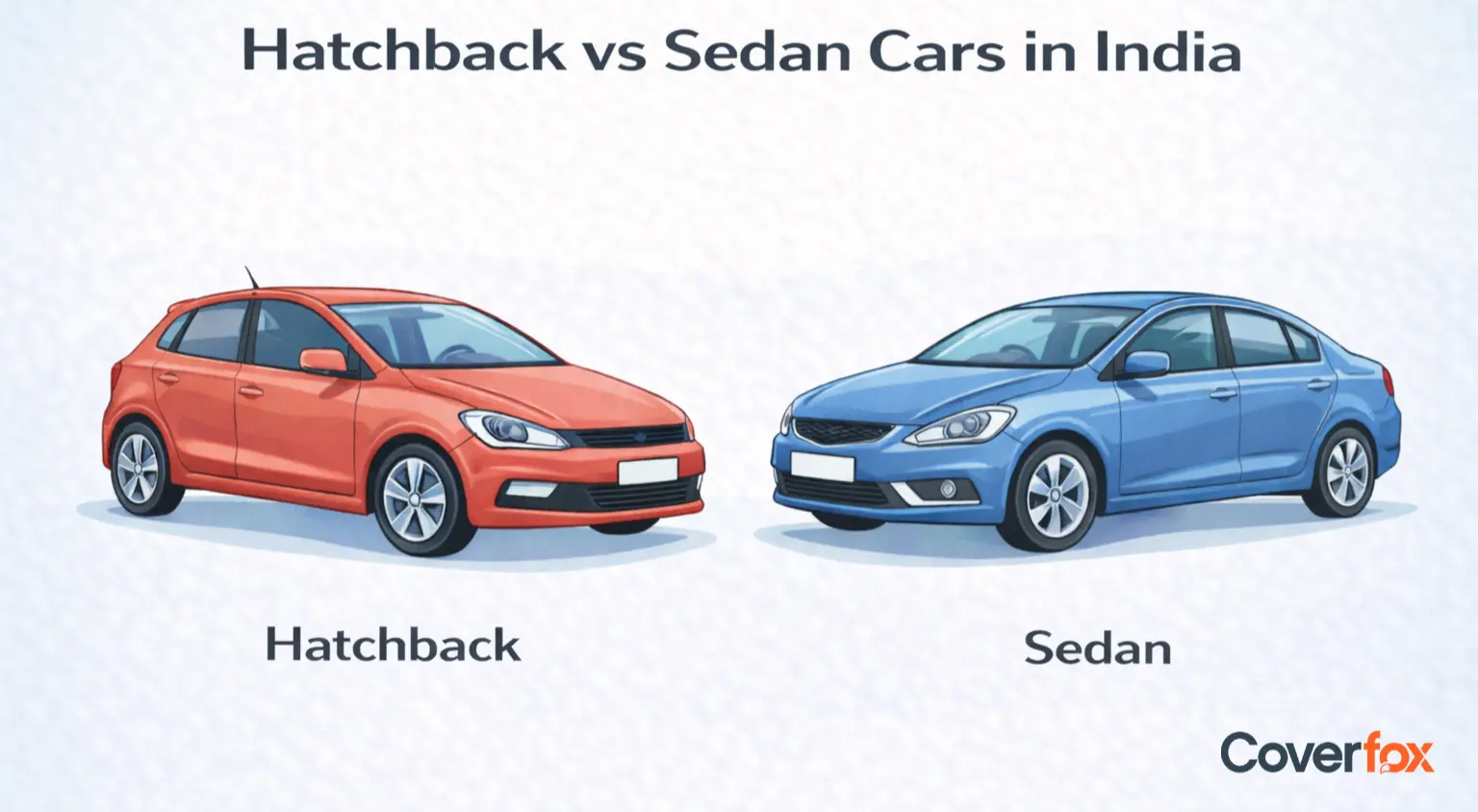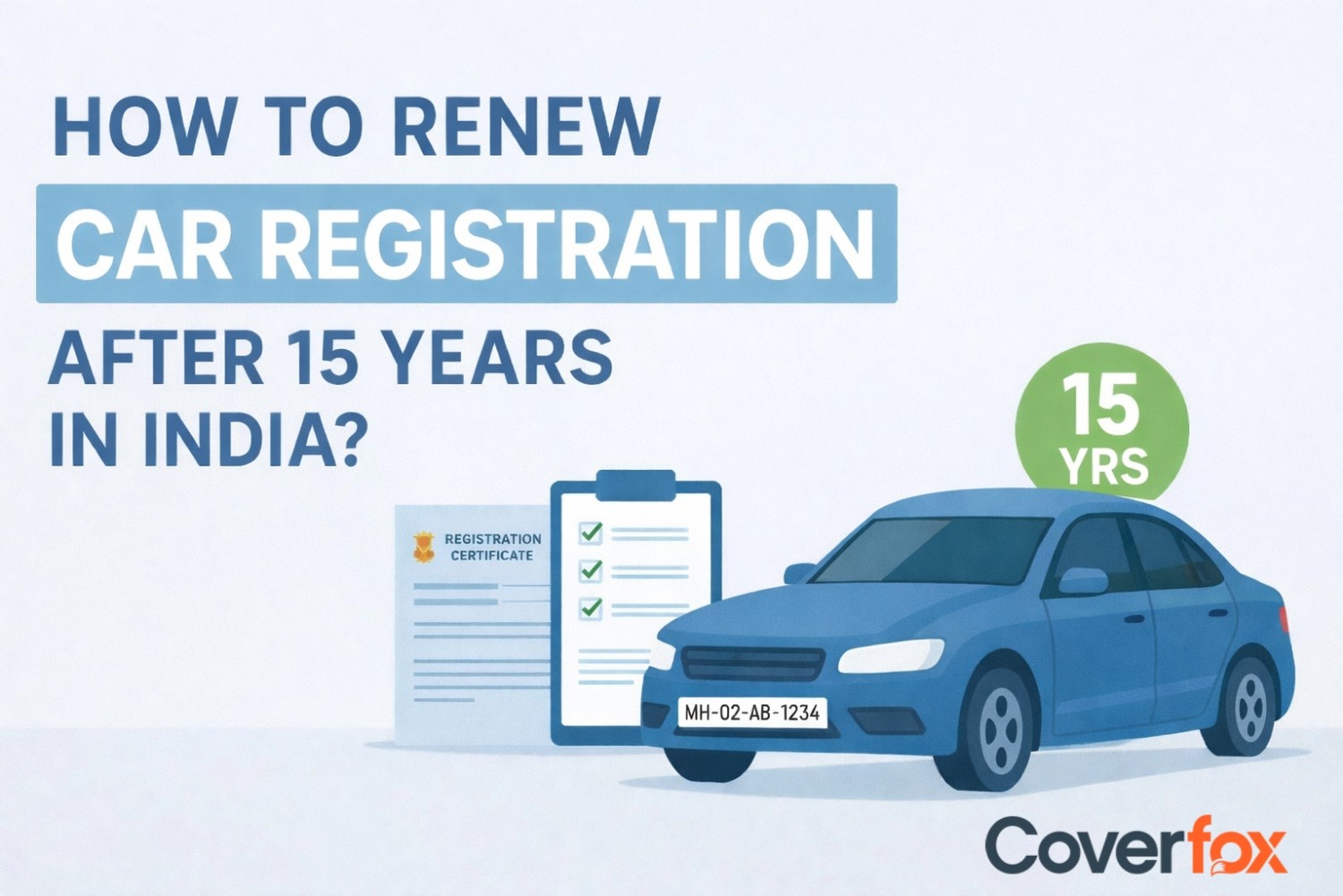With fuel costs rising every other day, it can make every kilometre travelled a source of worry. In such cases, maintaining your car’s fuel efficiency becomes crucial not only to save costs on fuel but also to minimise environmental impact.
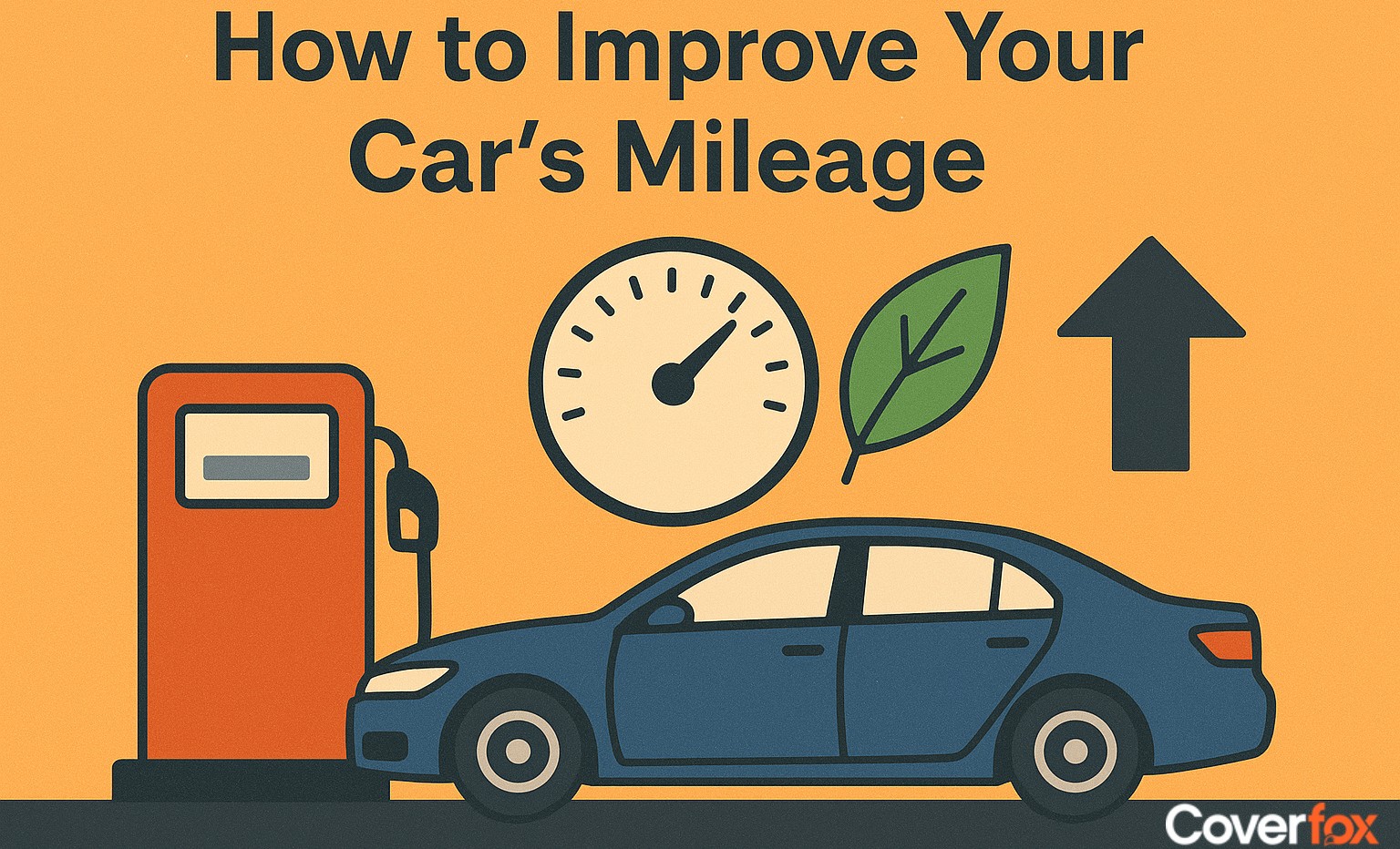
It is also vital to help extend your car's lifespan by reducing strain on the engine and ensuring various components of the car are in good shape, like its spark plugs, tyres, and filters. This guide explains what car mileage is in terms of the difference between standard mileage ratings and real-world results, shares important factors affecting mileage, and offers tips on how to increase car mileage.
Understanding ARAI Vs Real-World Mileage
ARAI Mileage
Real-World Mileage
“ARAI,” which stands for the Automotive Research Association of India, gives a mileage figure that might not be an accurate estimate of the fuel efficiency of a car. Controlled tests, such as a set driving cycle that includes situations like slowing down, speeding up, and traffic that stops and starts, are used to give this rating.
Real-world mileage considers actual driving conditions, which can influence the ARAI figure. Here, mileage depends on how you drive, road conditions like traffic, AC use, maintenance, and other variables. For this reason, real-world mileage may be lower by 20-25% than the ARAI rating.
Check out the table below, outlining the various factors affecting the mileage of your car:
| Factor | How It Affects Car Mileage |
|---|---|
| Driving Conditions | Stop-and-go city traffic wastes fuel, while smooth highway driving saves fuel. |
| Car Maintenance | Regular check-ups and good fuel help mileage; ignoring maintenance wastes fuel. |
| Tyre Quality and Pressure | Bad or low-pressure tyres make the car use more fuel. |
| Aerodynamics and Load | Extra weight or roof racks make the car use more fuel. |
| Fuel Quality | Poor fuel makes the car use more fuel and run less smoothly. |
| Transmission Type | Manual cars usually save more fuel; some automatic types can also be efficient. |
Also Read: Car Mileage - How to Calculate It Correctly?
How to Improve Your Car’s Mileage?
To learn how to increase the average of cars, consider the following important tips:
Avoid Over-Revving the Engine
Maintain Steady Speeds
Avoid Long Idling
Get Rid of Extra Weight
Keep Your Tires Inflated
Smartly Plan Your Routes
Regularly Service Your Car
Use AC Wisely
Choose the Right Oil and Fuel
Avoid pressing the accelerator too hard and make sure to shift gears at the right speed range. In automatics, use Eco Mode if available.
Drive smoothly without sudden acceleration or hard braking. Slow down naturally when approaching stops. Aggressive driving can cut mileage by up to 40% in city traffic.
Turn off the engine if stopped for over 30 seconds. Idling wastes about 3 litres of fuel per month.
Every 50 kg you add cuts your mileage by 2–3%. Take things out of your car that you don't need.
Check your tyre pressure once a month when it's cold. Do what it says in the car's instructions. For trips on the highway, a little more pressure can help.
You can escape traffic and save time and gas by using GPS apps.
Change the oil as needed, replace dirty filters, keep the spark plugs in good shape, and fix problems right away.
When the speed is less than 40 km/h, leave the windows open. Keep the windows up and the AC on low when you're going over 50 km/h.
Premium fuel should only be used if your car's maker tells you to. Use the right engine oil grade every time.
Common Mistakes That Lower Car Mileage
To understand how to get the best mileage in a car, here are some mistakes that you need to steer clear of:
- Not getting your engine serviced and parts like oil, air filters, spark plugs, etc., replaced periodically can make it work less well.
- When you use the air conditioner too often or when it's very cold, it makes the engine work harder and use more fuel.
- When you drive fast with the windows open, you waste gas and create air drag.
- Don't let your tyres get too over- or under-inflated, which can affect safety and reduce fuel efficiency.
- Carrying heavy or unnecessary items in the car makes the engine work harder.
- Using the wrong engine oil grade leads to more friction and less efficiency.
- If you take a lot of short trips, the engine might not get warm enough.
- Not investing in four-wheeler insurance, which can help pay for repairs that need to be done after an accident to keep the car working well.
Also Read - Best Mileage Cars Under 10 Lakhs in India
Conclusion
In all, with the help of the tips above related to how to increase car mileage, you can ensure saving thousands of rupees on fuel as well as reducing environmental impact. It is important to avoid common mistakes like aggressive driving or skipping maintenance, which not only helps increase car mileage but also extends your car’s lifespan.
It is also vital to note that in case of an accident, post-maintenance costs can be financially managed through a good car insurance policy. Here is where IRDAI-authorised platforms like Coverfox make it easy to compare and buy four wheeler insurance online for maximum convenience and savings.
FAQs on Improving Car’s Mileage
How can I improve my car’s fuel efficiency?
Check your tyre pressure, keep your speed steady, avoid long idling, and service your car on time to understand how to increase car mileage.
What are ways to increase my car’s mileage?
To get better mileage from your car, you can do things like not over-revving the engine, using good engine oil, shifting gears properly, planning your routes wisely, and getting rid of extra weight from your car.
Are there additives I can use to improve petrol mileage?
Yes, various additives are available that can be added to petrol to increase mileage. These include fuel injectors, octane boosters, and combustion enhancers, among others.
What is the best RPM level for fuel economy?
Under normal driving conditions, the recommended RPM range for most vehicles is recommended to be between 1500 and 2000 RPM.
Why is my car’s mileage low?
There are several possible reasons for this, including not maintaining proper upkeep, using the wrong or low-quality engine oil, taking lots of short trips, or driving too aggressively.
Which gear helps get the best mileage in a car?
To ensure the best mileage, make sure to shift gears at the right time. It is recommended to shift to 2nd gear at 10–15 km/h, 3rd at 20–25 km/h, and 5th at 50–60 km/h on highways. Many automatic cars also have an “Eco Mode” that adjusts gear shifts to save fuel.
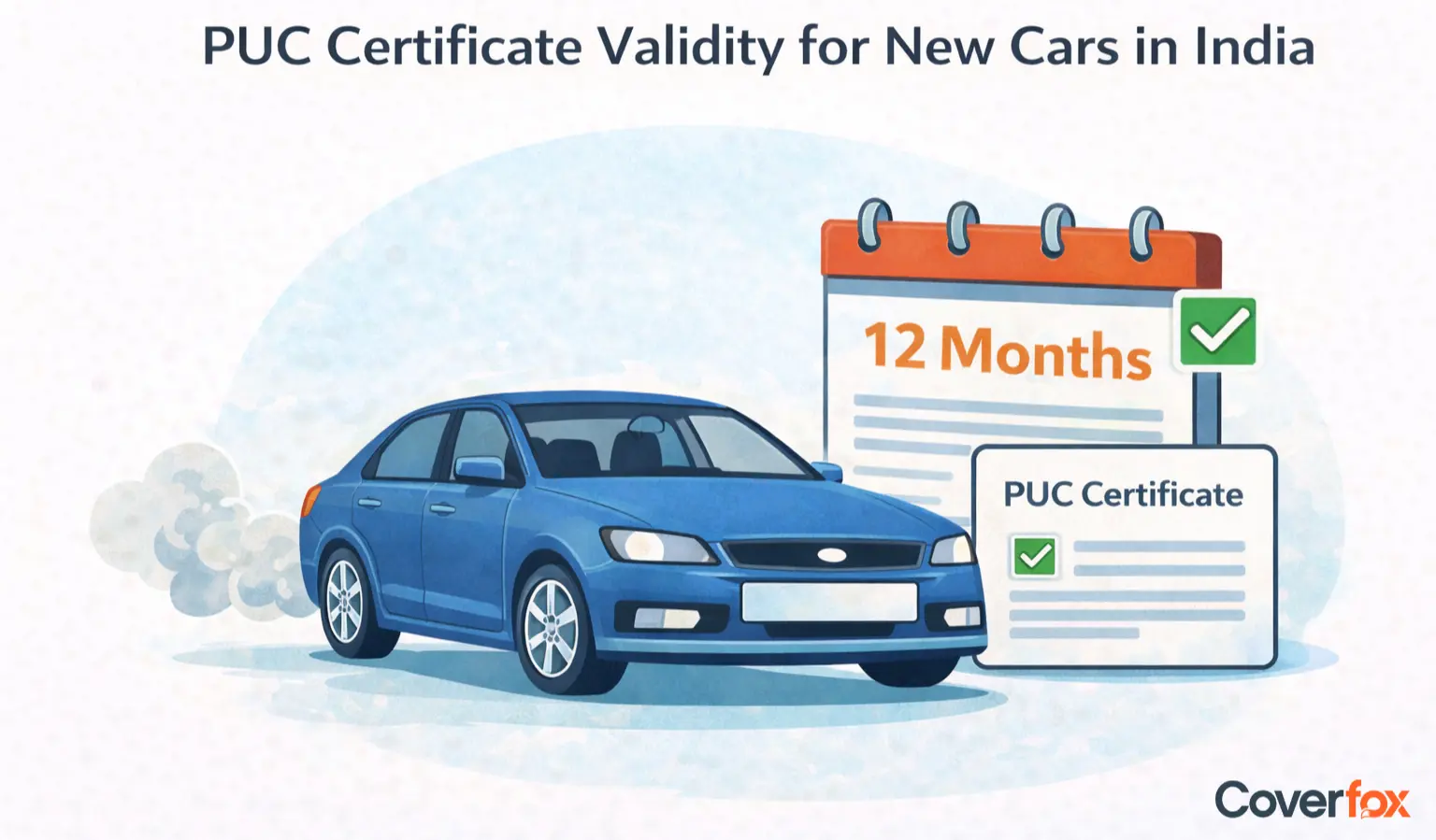
 in Car.webp)
